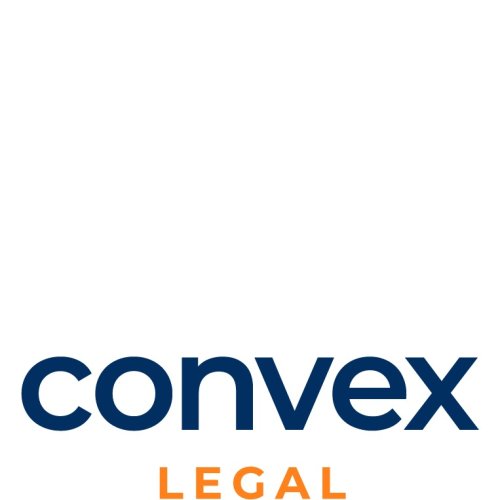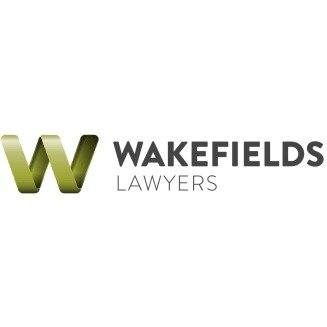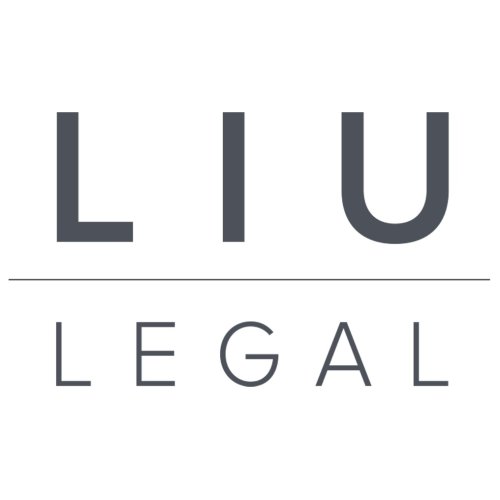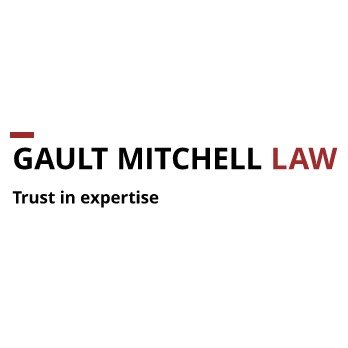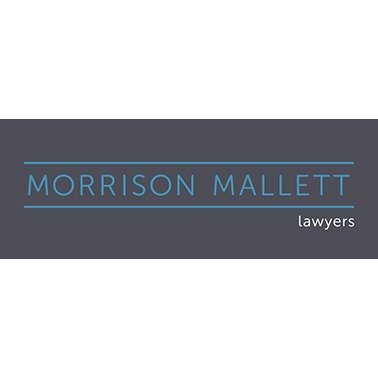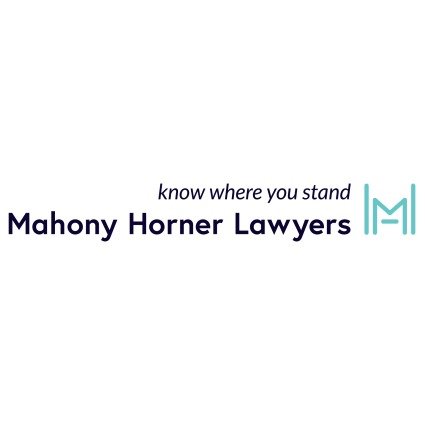Best Water Law Lawyers in Wellington
Share your needs with us, get contacted by law firms.
Free. Takes 2 min.
List of the best lawyers in Wellington, New Zealand
About Water Law in Wellington, New Zealand
Water Law in Wellington is a specialised area of law focusing on the regulation, use, management, and protection of freshwater and marine resources within the Wellington region. The legal principles and frameworks related to water arise from both national-level statutes and local bylaws that ensure sustainable access, allocation, and quality of water for individuals, communities, and industries. Water Law also addresses issues such as water pollution, rights to water access, allocation among competing users, and responsibilities of public bodies in preserving aquatic environments. With Wellington’s unique geography and environmental needs, local Water Law plays a significant role in balancing the interests of residential users, businesses, Maori groups, and environmental organisations.
Why You May Need a Lawyer
Many individuals and businesses may require legal assistance for water-related matters in Wellington. Common situations include:
- Applying for or disputing water rights and consents - Dealing with issues of water allocation and restrictions, especially during periods of drought - Seeking compensation or remedies for water contamination affecting land, business, or health - Engaging in development projects requiring water supplies or causing potential waterway impact - Navigating disputes with local authorities or neighbours over water use, drainage, or runoff - Complying with regulatory requirements for discharge into stormwater or sewage systems - Representing interests in cases involving Treaty of Waitangi water claims and Maori customary rights - Advising on infrastructure projects that interact with fresh or coastal waters - Responding to enforcement actions or abatement notices issued by councils or the Environmental Protection Authority - Guiding farmers and rural landowners on compliance with water take and usage rules
Legal experts help you understand your rights and obligations, assist with applications or appeals under resource management law, negotiate with authorities or third parties, and represent your interests in hearings or the Environment Court.
Local Laws Overview
In Wellington, Water Law is shaped by several key legislative and policy frameworks:
- The Resource Management Act 1991 (RMA) is the primary legislation governing water use, quality, and environmental effects. It sets out how water resources can be used, managed, and protected. - The Greater Wellington Regional Council (GWRC) is responsible for local implementation. Through its Regional Plans, it sets specific rules about discharges, water takes, and the activities affecting rivers, lakes, groundwater, and coastal waters. - Local councils such as Wellington City Council regulate stormwater, wastewater, and water supply through bylaws and infrastructure management. - The National Policy Statement for Freshwater Management (NPS-FM) guides councils on setting limits and targets to improve water quality, protect ecosystems, and uphold Te Mana o te Wai. - Treaty of Waitangi settlements and provision for Maori customary rights are also increasingly influential, recognising the cultural and historical connections of iwi and hapu to water bodies. - Water allocation in the Wellington region often operates on a “first-in, first-served” basis, but there are moves toward more equitable and sustainable processes, especially as climate change impacts water availability.
Compliance with local bylaws and regional plans is compulsory, and failure to comply may result in enforcement action, fines, or orders to remedy environmental damage.
Frequently Asked Questions
What types of water are regulated under Wellington's Water Law?
The law covers fresh water (rivers, lakes, streams, groundwater), stormwater, wastewater, and coastal marine areas. Both surface and subsurface water resources are included.
Do I need consent to take water from a river or bore?
Yes. Most water takes for purposes other than small domestic or stock drinking water supply require resource consent from the Greater Wellington Regional Council.
Who owns water in New Zealand?
No one ‘owns’ water in New Zealand. The Crown manages water resources for the benefit of all, regulated by law. Rights to use or take water are allocated by permit or consent.
What should I do if I discover water pollution or a spill?
You should report it immediately to the Greater Wellington Regional Council, which investigates and enforces environmental regulations. Prompt reporting is essential to prevent damage and legal consequences.
How are Maori water rights recognised in Wellington?
Maori rights and interests are acknowledged through Treaty settlements, statutory acknowledgements, and involvement in planning processes. Some laws require councils to engage with iwi and give effect to Te Mana o te Wai.
Can my neighbour divert water onto my property?
Neighbours must not unlawfully divert water onto your property in a way that causes harm. If you face such issues, legal remedies may be available, including seeking council enforcement or civil claims.
What are the penalties for illegal water use?
Penalties can include infringement fines, prosecution, orders to cease activities, or requirements to remediate environmental damage. Serious offences can result in substantial fines or court action.
Why is water allocation so contentious in Wellington?
The region faces increasing demand and pressure on water resources from population growth, industry, agriculture, and the effects of climate change. This makes the fair and sustainable allocation of water a major legal and policy challenge.
Can I appeal a decision about a water consent?
Yes. If you are dissatisfied with a council’s decision regarding a water consent, you can appeal through the Environment Court. There are specific processes and timelines to follow.
How do I find reliable professional advice on Water Law?
Consulting a qualified lawyer experienced in environmental or resource management law is the best way to get tailored advice. You may also talk to council resource consents advisors or contact legal organisations for assistance.
Additional Resources
For further information or support related to Water Law in Wellington, consider contacting or exploring resources from the following bodies and organisations:
- Greater Wellington Regional Council (GWRC) - for resource consents, compliance, and regional plans - Wellington City Council - for urban water supply, wastewater, and stormwater queries - Ministry for the Environment - for guidance on Resource Management Act and freshwater reforms - Environmental Protection Authority (EPA) - for environmental compliance and large projects - Community Law Wellington and Hutt Valley - for free or low-cost legal advice - Te Kāhui Wai Māori - For information on Maori water rights and representation - Environment Court of New Zealand - for appeals and formal legal proceedings
Next Steps
If you require legal assistance regarding Water Law in Wellington, New Zealand:
- Gather all relevant documents, such as correspondence with the council, resource consent applications, and site plans. - Make a clear summary of your issue or query, noting any deadlines or council communications. - Contact a lawyer with expertise in Resource Management or Environmental Law. Many firms offer initial consultations. - Reach out to Greater Wellington Regional Council’s consents or compliance teams for technical information. - If you need community support or cannot afford private legal help, approach Community Law or local iwi advocacy services. - Take timely action, as there are often strict timelines and notification processes in water-related legal matters.
Seeking professional legal advice early can help you understand your rights, meet regulatory requirements, and resolve disputes more efficiently.
Lawzana helps you find the best lawyers and law firms in Wellington through a curated and pre-screened list of qualified legal professionals. Our platform offers rankings and detailed profiles of attorneys and law firms, allowing you to compare based on practice areas, including Water Law, experience, and client feedback.
Each profile includes a description of the firm's areas of practice, client reviews, team members and partners, year of establishment, spoken languages, office locations, contact information, social media presence, and any published articles or resources. Most firms on our platform speak English and are experienced in both local and international legal matters.
Get a quote from top-rated law firms in Wellington, New Zealand — quickly, securely, and without unnecessary hassle.
Disclaimer:
The information provided on this page is for general informational purposes only and does not constitute legal advice. While we strive to ensure the accuracy and relevance of the content, legal information may change over time, and interpretations of the law can vary. You should always consult with a qualified legal professional for advice specific to your situation.
We disclaim all liability for actions taken or not taken based on the content of this page. If you believe any information is incorrect or outdated, please contact us, and we will review and update it where appropriate.





